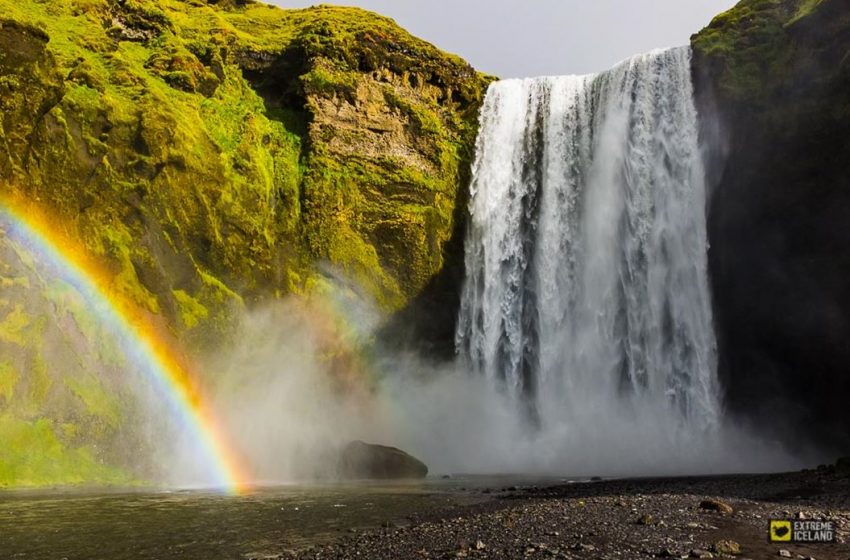WORLD ENVIRONMENT DAY Let’s Celebrate Biodiversity

Garima Batra
Every year, June 5 is celebrated as World Environment Day. The United Nations came up with this idea in 1972 to encourage awareness and action for the protection of the environment. A global event, it witnesses participation from various countries and is supported by innumerable events and initiatives globally. Each year, the UN focusses on a different theme. This year, it is Celebrate Biodiversity. The World Environment Day 2020 will be celebrated in Colombia in partnership with Germany. Colombia is one of the largest “Megadiverse” nations in the world to hold 10% of the planet’s biodiversity. Since it is part of the Amazon rainforest, the country ranks first in bird and orchid species diversity and second in plants, butterflies, freshwater fish and amphibians.
Having a dedicated day to encourage awareness about the protection of environment is fine but the efforts should not be limited to a single day. It should be an ongoing process so that there is coexistence and damages are reduced. Everything we use, wear or eat comes from Nature. The air we breathe, the water we drink and use, the food we eat, the clothes we wear, the house we live in, the electricity all are produced by the elements of Nature. Environment can be considered a bank which gives its resources to us as a loan to aid our survival. But instead of paying back the installments in the form of caring for it, we have started considering Nature as our property. We have conveniently chosen to ignore the payback procedure and instead of using the resources wisely, we have been selfishly overexploiting their usage, causing stress on Nature and environment.
While the theoretical concept of resource depletion, pollution and saving the environment is taught in detail in classrooms, little is done to save our Nature in practicality. We keep on stressing Nature with over-usage. Environment is no different than our human body. Just like when we stress ourselves, our mind gets blocked, we experience anxiety, depression and weakness, Nature too reacts with excess usage, proof being increased pollution, water bodies getting clogged with waste, forest fires, ozone layer depletion, water scarcity, poverty, natural calamities and disasters to name a few. Even the rising Coronavirus cases can somewhere be attributed to our negligence towards environment.
On one hand, Covid-19 gave us clearer skies and cleaner air, cleaner water bodies, reduced carbon emissions and healing of the ozone layer, we were treated to hear birds chirping and watch animals moving freely around us. With most businesses and industrial units not working and the transport facilities non-operational, Mother Earth healed herself.
On the other, if we calculate what the pandemic took away from us, the balance of the give and take will be wobbly. For some, it took away their loved ones, homes, families, two square meals a day and their source of income. The increased use of masks, PPE kits, sanitisers, hand wash has led to increased plastic waste disposal around us as also in water bodies. This will not only affect us but our marine life too.
But the real question is — Have we learned our lessons? Will we be careful in the present and the future considering what we have suffered or will we again go back to our initial ways of working and living? Will we now come forward and see corrective steps are taken to ensure our Mother Earth’s safety from destruction or will we return to our selfish greedy version despite suffering so much?
Before choosing a side, the only major point should be considered that our one decision, one small step could bring about a major change and take us closer to environment conservation. This pandemic has been a wake-up call for us, a warning from Nature to reform ourselves. The consequences will be due to our actions and will be faced by us.
We need to mend our ways to ensure coexistence with Nature and reach a ‘happy ever after’ situation but if we don’t, our survival could be in danger and there will be a ‘once upon a time’ story which we won’t be present around to narrate for sure. The extinction list might not just be dinosaurs.
What would you choose — conservation today or increased suffering tomorrow?



